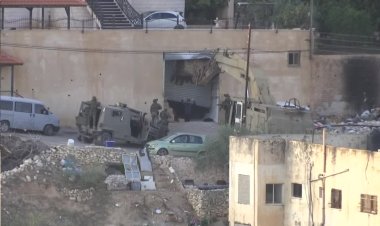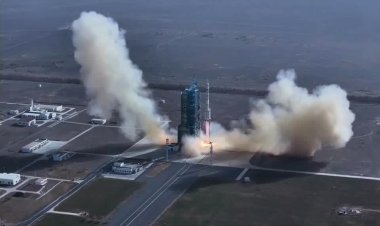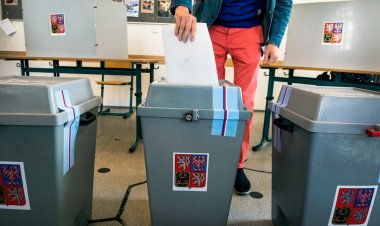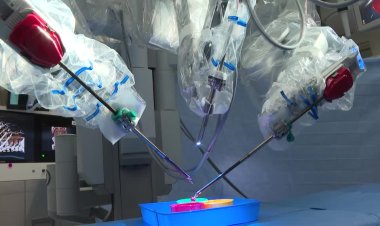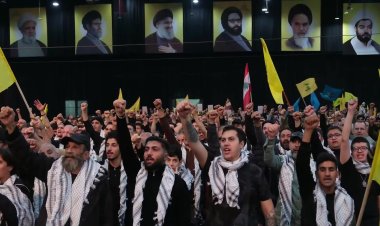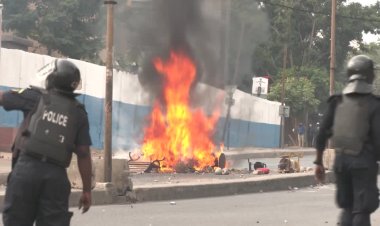Peru transport strike halts cities over crime
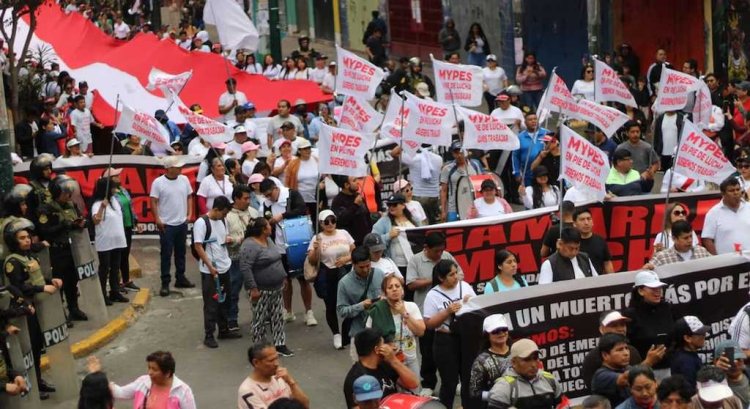
Transport workers in Peru launched their third strike in less than a month, paralyzing Lima and other cities as they protest against rising crime and extortion. The military has been deployed to support police forces across the country, with armed soldiers and police guarding key areas of the capital.
The strike has severely disrupted daily life in Lima, with public transportation halted and major commercial areas, including the Gamarra market district, largely shuttered. The government has suspended in-person classes and implemented workplace flexibility measures to accommodate transportation difficulties, allowing up to four hours of arrival flexibility for workers.
This action follows the government's declaration of a state of emergency in 14 districts around Lima in late September, enabling military intervention in law enforcement after businesses criticized the state's ineffective response to organized crime. President Dina Boluarte, whose approval rating has plummeted to 4%, dismissed the protests as "politicized" and announced increased surveillance of foreign residents in response to media reports linking migrants to rising insecurity.
Transport leader Martín Valeriano defended the strike as a necessary response to government inaction, threatening continued incremental protests until decisive action is taken against insecurity. He suggested that if the government cannot address the situation effectively, it should step down and call for general elections.
The timing of the strike is particularly significant as Lima prepares to host the Asia-Pacific Economic Cooperation summit in mid-November, where leaders from 21 member countries are expected to attend. The ongoing unrest poses potential challenges for this important international gathering.
The government has promised swift action against both national and foreign criminal ringleaders, but protesters remain skeptical, with some calling for specific measures such as firearms restrictions.





